Pakistan PM says will not resign before no-confidence vote at parliament, accuses US of meddling
Pakistan’s Prime Minister Imran Khan says he will never resign his post after a parliament debate on a no-confidence motion, which aims to remove him from office, was postponed until Sunday.
"I fight till the very last ball. I never quit whatever the result may be," Khan, a former international cricket star, said on Thursday, adding, "I will come back with more power, whatever the result is."
Khan made the remarks in a televised address, claiming that a foreign country is encouraging a no-confidence vote because of his visit to Russia last month.
He even named the United States as the origin of a "message" that he said proved a foreign country was meddling in Pakistan's affairs.
"America has -- oh, not America but a foreign country I can't name. I mean from a foreign country, we received a message," he said.
According to Reuters, citing local media, the message was in a briefing letter from Pakistan's ambassador to Washington recording a senior US official telling him they felt relations would be better if Khan left office.
"They say that 'our anger will vanish if Imran Khan loses this no-confidence vote'," he said.
Khan angered Western countries by visiting Moscow the day Russia invaded Ukraine. He, however, defended the trip, saying, "Even European leaders went to Russia, but Pakistan in particular is asked 'why did you go' as if we are their servants."
The Pakistani prime minister has long complained that his country was asked to sacrifice too much in joining Washington's so-called war on terror.
"Has anyone said 'thank you Pakistan' for what we did?" he asked in Thursday's address.
This came after earlier on Thursday, Pakistan's opposition called on Khan to resign.
"We want to send Imran Khan a message that there is no safe passage for you," opposition leader Bilawal Bhutto Zardari, son of assassinated former prime minister, Benazir Bhutto, told reporters at parliament.
"I want to give you a suggestion that you take an honorable exit, and an honorable exit is that you resign today and let the opposition leader take oath of the leader of the house," he added.
In an editorial on the front page of its website, the influential English-language Dawn newspaper wrote, "The prime minister is as good as gone."
The no-confidence motion against Khan was tabled on Monday. The opposition needs a simple majority of 50 percent plus one to topple the government of Khan's ruling Pakistan Tehreek-i-Insaf (PTI) party.
Khan needs 172 votes in the 342-seat house to foil the bid. Some defections in the PTI and cracks in his coalition partners have reportedly made him short of the 172 votes.
On Wednesday, Khan's main parliamentary ally, the Muttahida Qaumi Movement (MQM), abandoned his coalition and threw its lot with the opposition seeking to oust him.
Opposition leaders had called on Khan to resign even before he lost his majority in parliament.
Khan had recently accused an unnamed "foreign power" - a clear reference to the United States - of funding a "conspiracy" to topple his democratically-elected government.
Addressing a large rally in the capital Islamabad over the weekend, Khan said the "foreign power" sent millions of dollars to opposition parties to launch a no-confidence vote against him in the parliament.
Khan said he was the subject of a "foreign conspiracy" aimed at dislodging his government. He has been accused by the opposition of mismanaging the economy and foreign policy since coming to office in 2018.
His embattled government has been banking on the International Monetary Fund (IMF) to release a $6 billion rescue package, but the move has been obstructed by the US.
The opposition and analysts say the prime minister has fallen out with the powerful military, which mostly determines who will rule, a charge both Khan and the military deny.
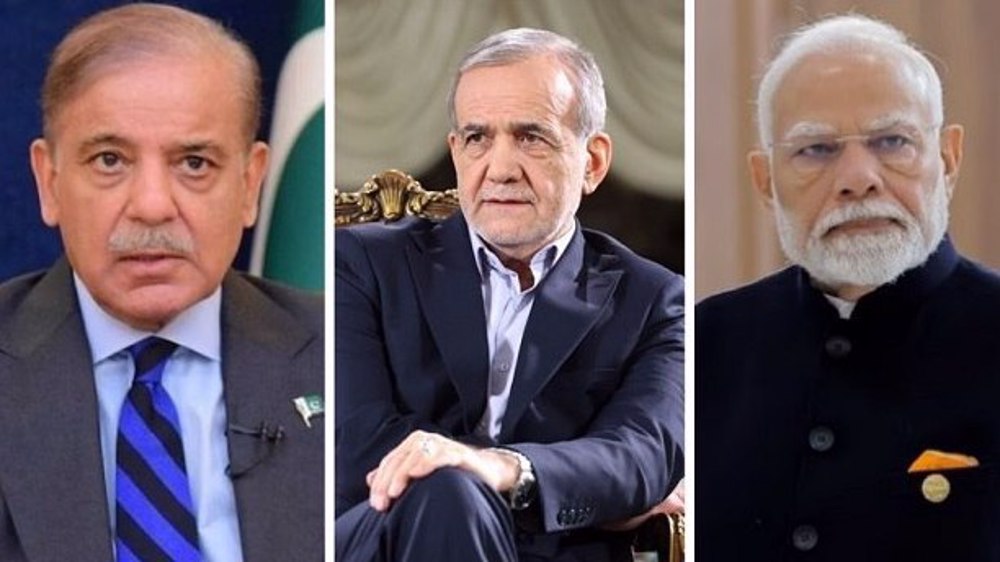
Iran pres. stresses collective, effective fight against terrorism in calls with India, Pakistan PMs

Pakistan carried out US ‘dirty work’ for 30 years: Defense minister
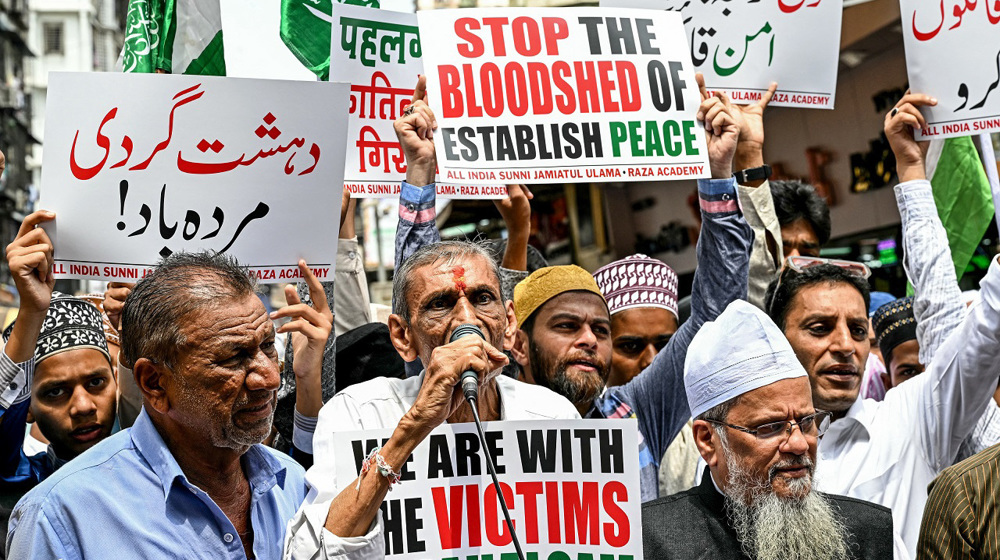
Pakistan says ready to ‘defend sovereignty’ amid rising tensions with India
VIDEO | Press TV's news headlines
Enrichment on Iran’s soil, meaningful sanction removal ‘red lines’ in talks with US: Spox
VIDEO | India and Pakistan tensions: A march to war?
VIDEO | 3rd Iran-Africa Economic Cooperation Conference kicks off in Tehran
‘Biggest genocide of century’: Iran calls for intl. mobilization to stop Israeli crimes in Gaza
Swiss fencing team snubs Israeli flag over Gaza genocide
Iran ‘strong, confident’ enough to thwart malicious external actors’ plots: Araghchi
Iran foils ‘extensive, sophisticated’ cyberattack on national infrastructures: Official


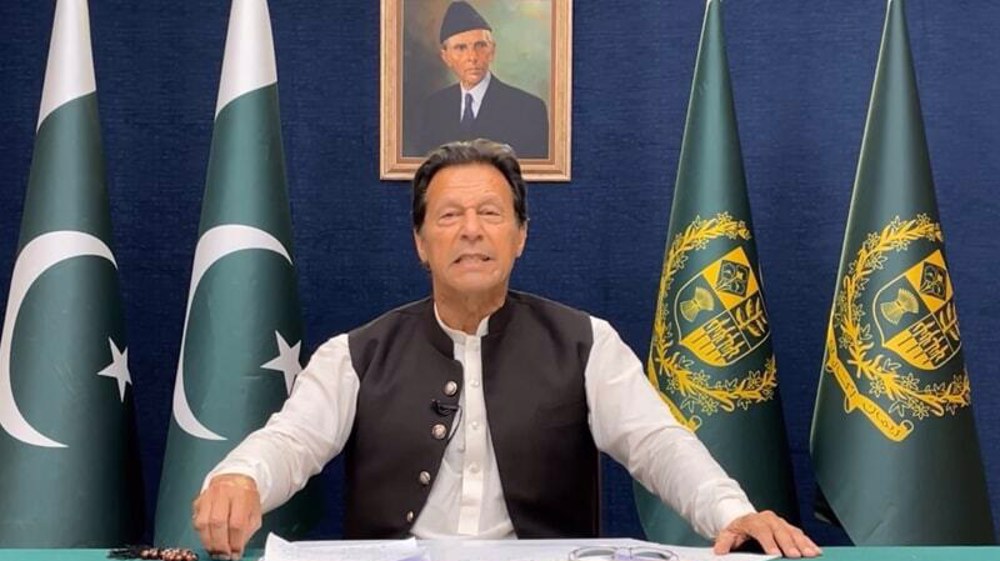
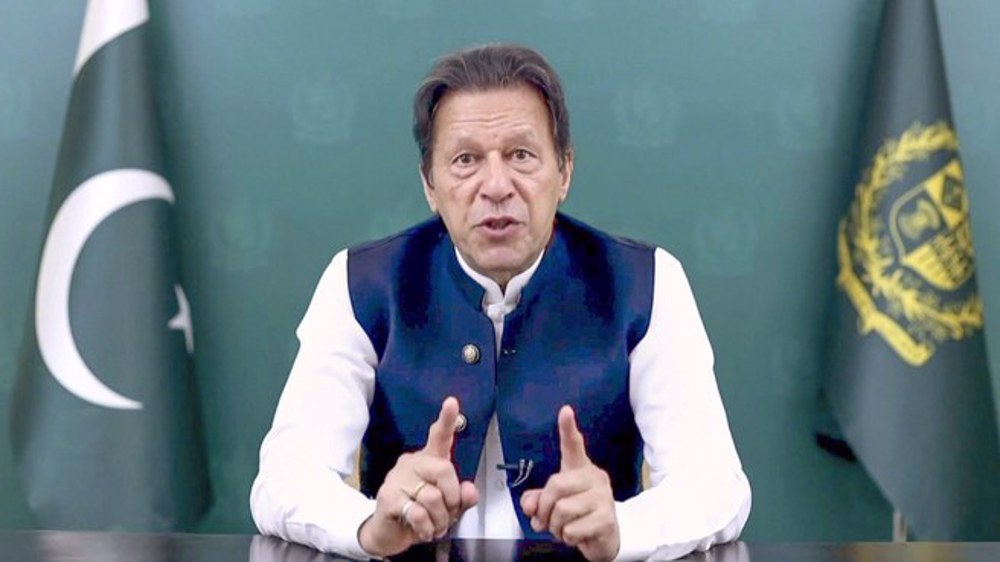
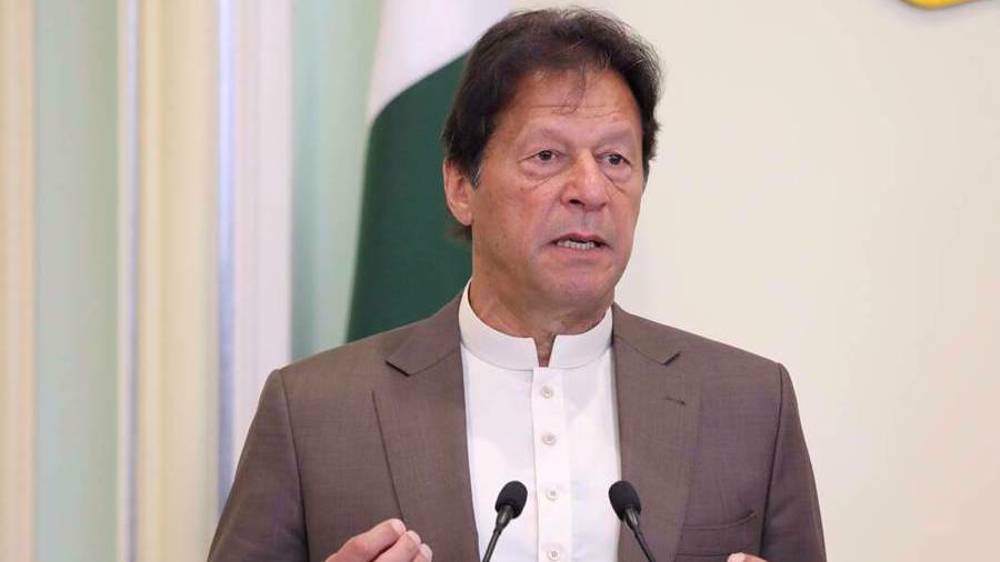
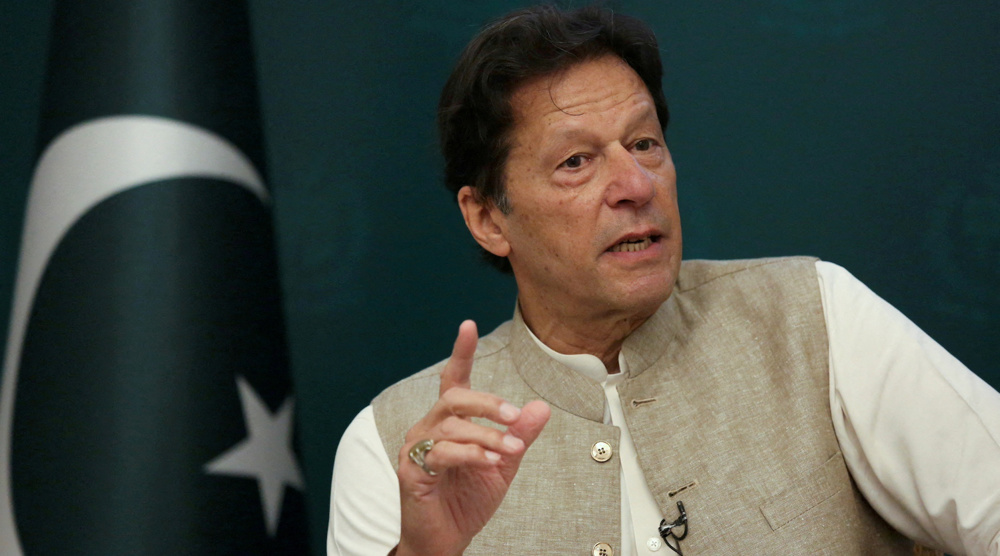
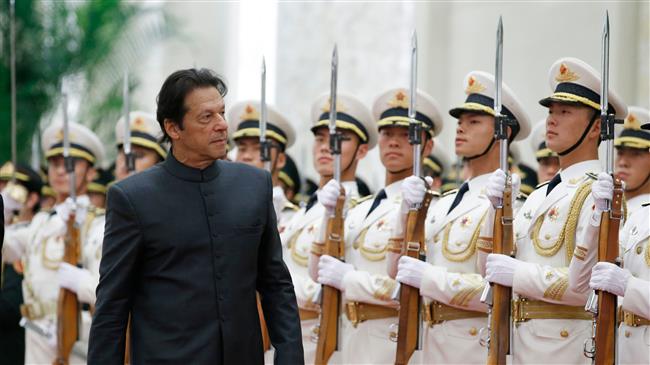



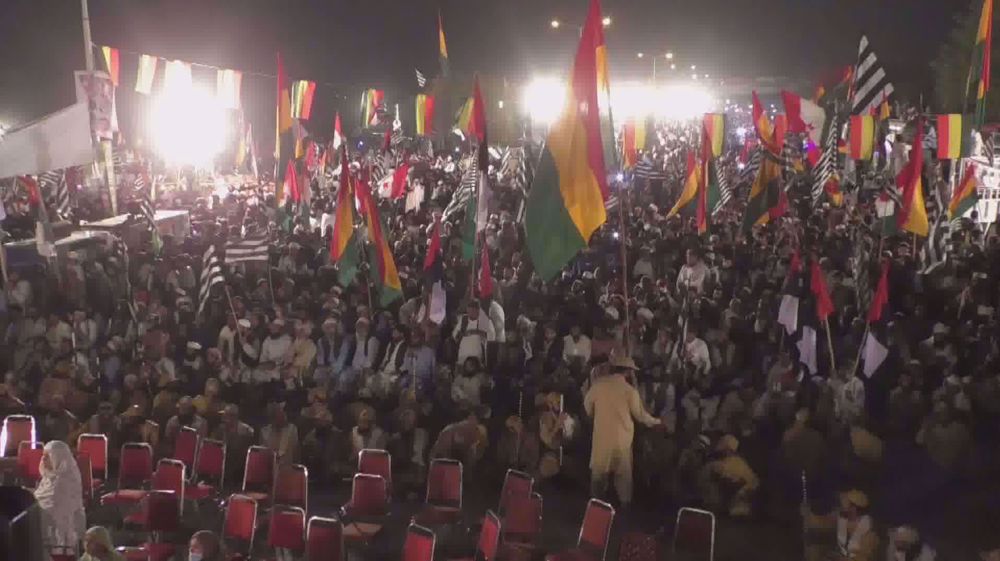
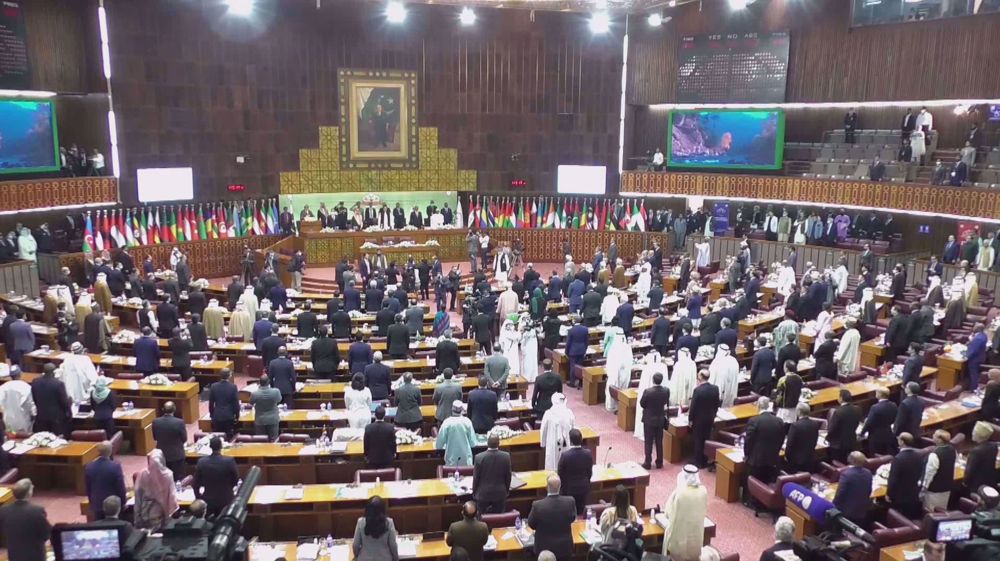
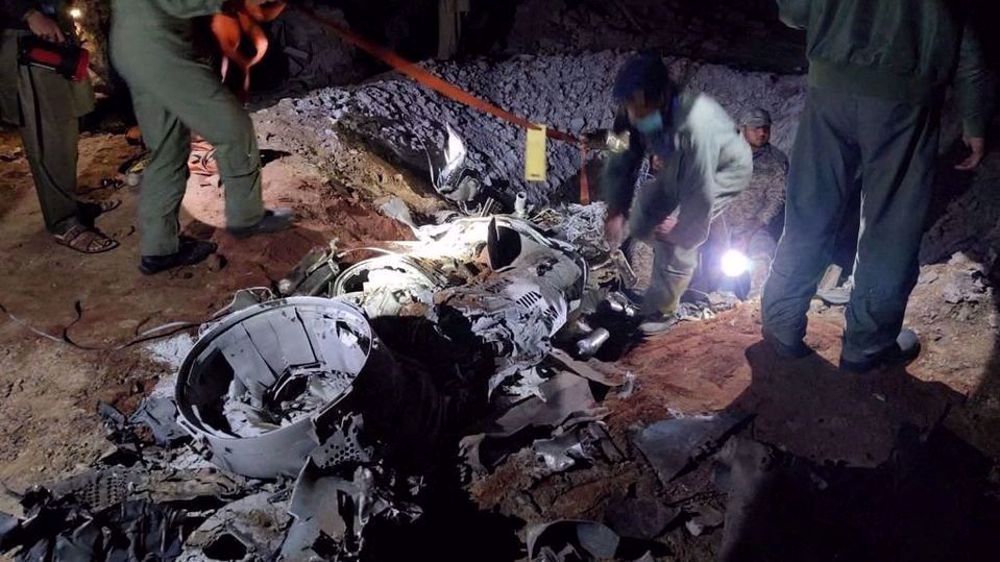


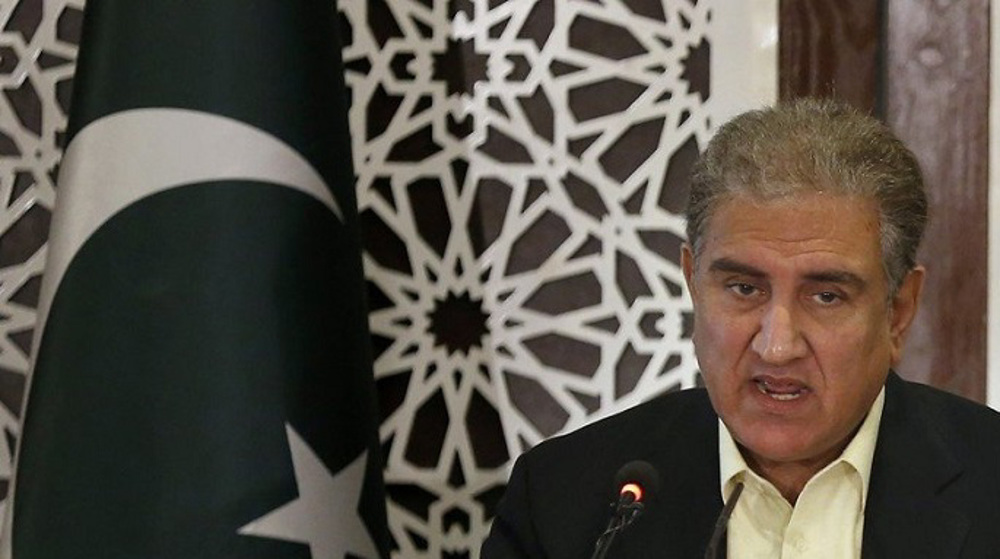
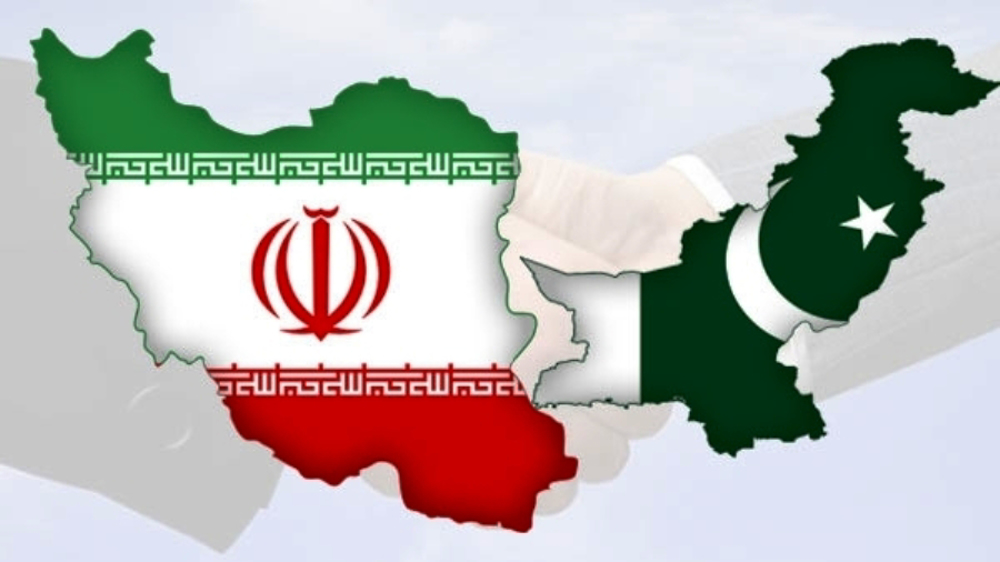
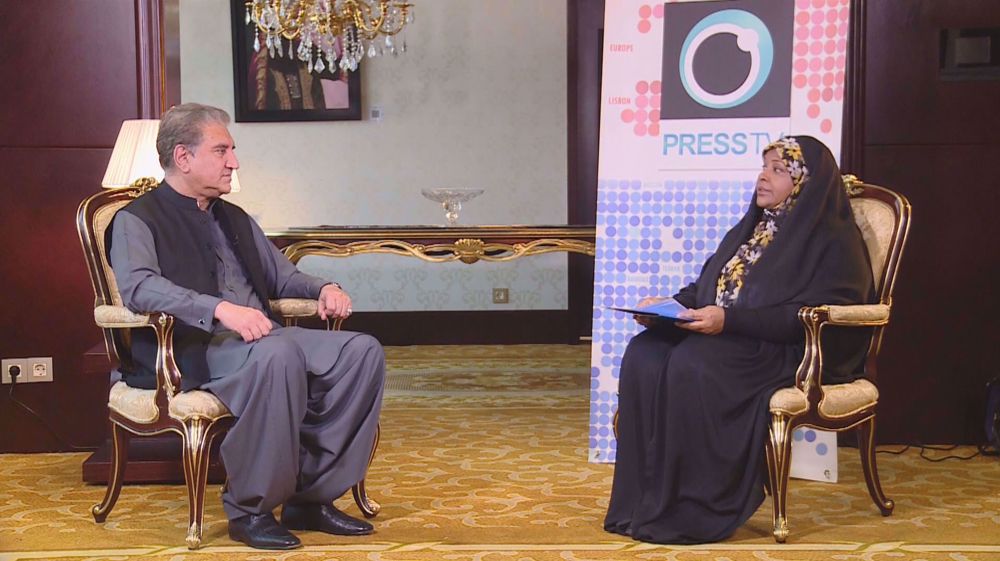

 This makes it easy to access the Press TV website
This makes it easy to access the Press TV website